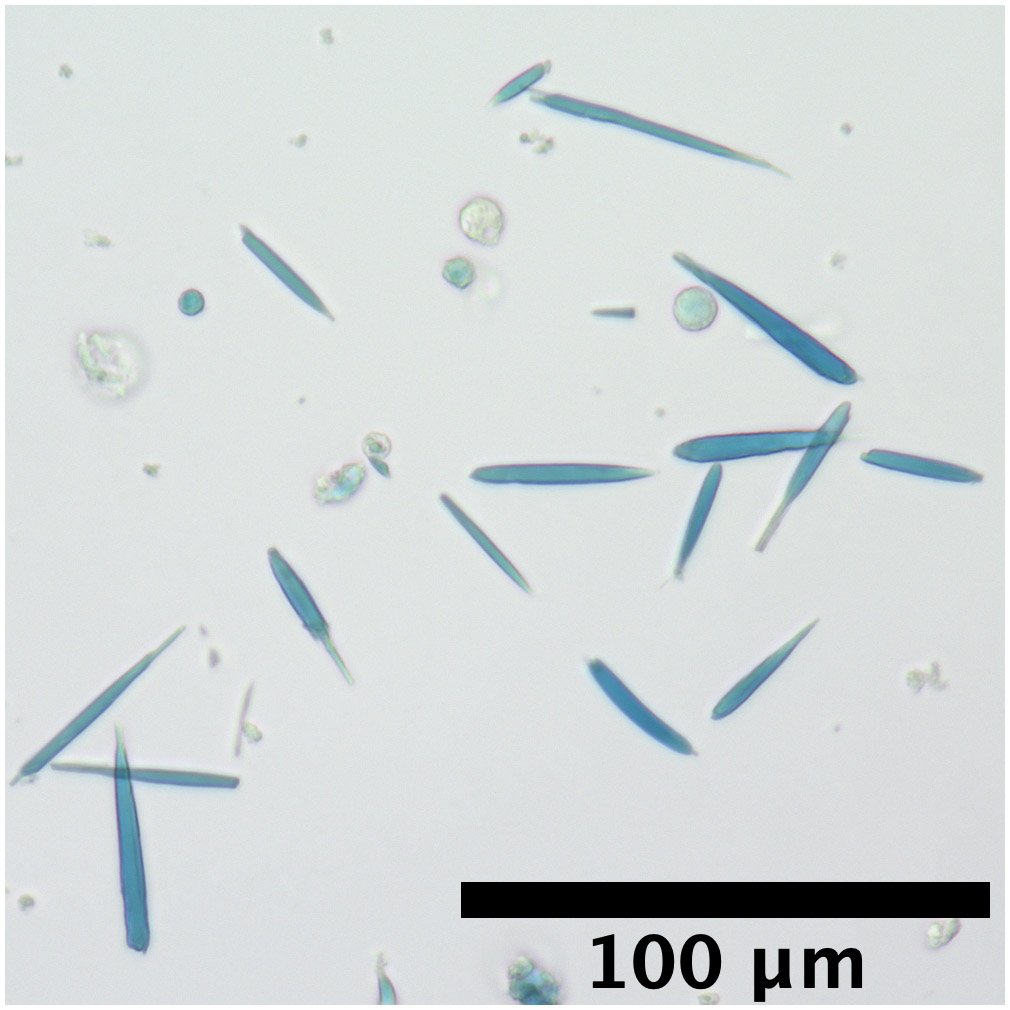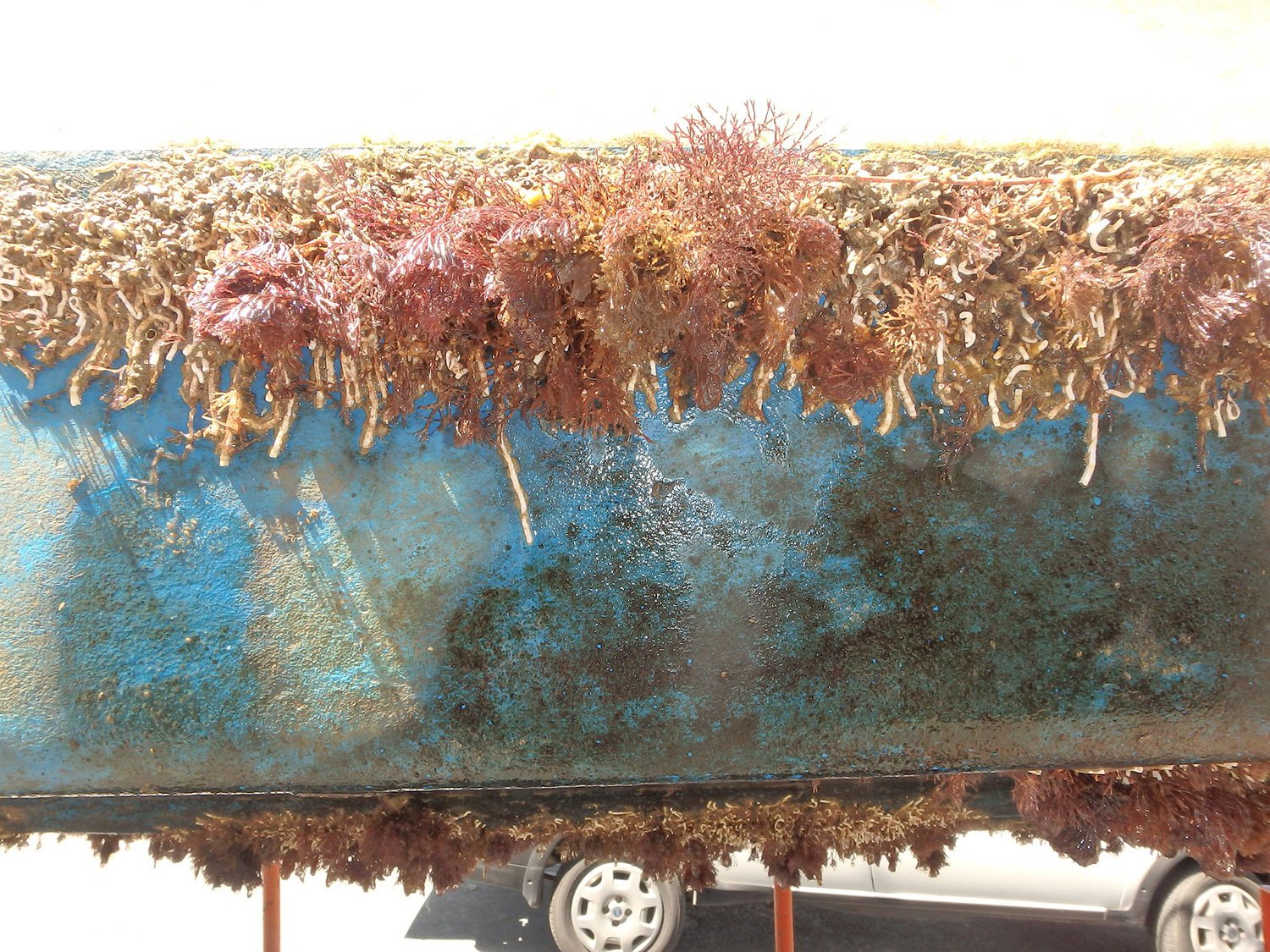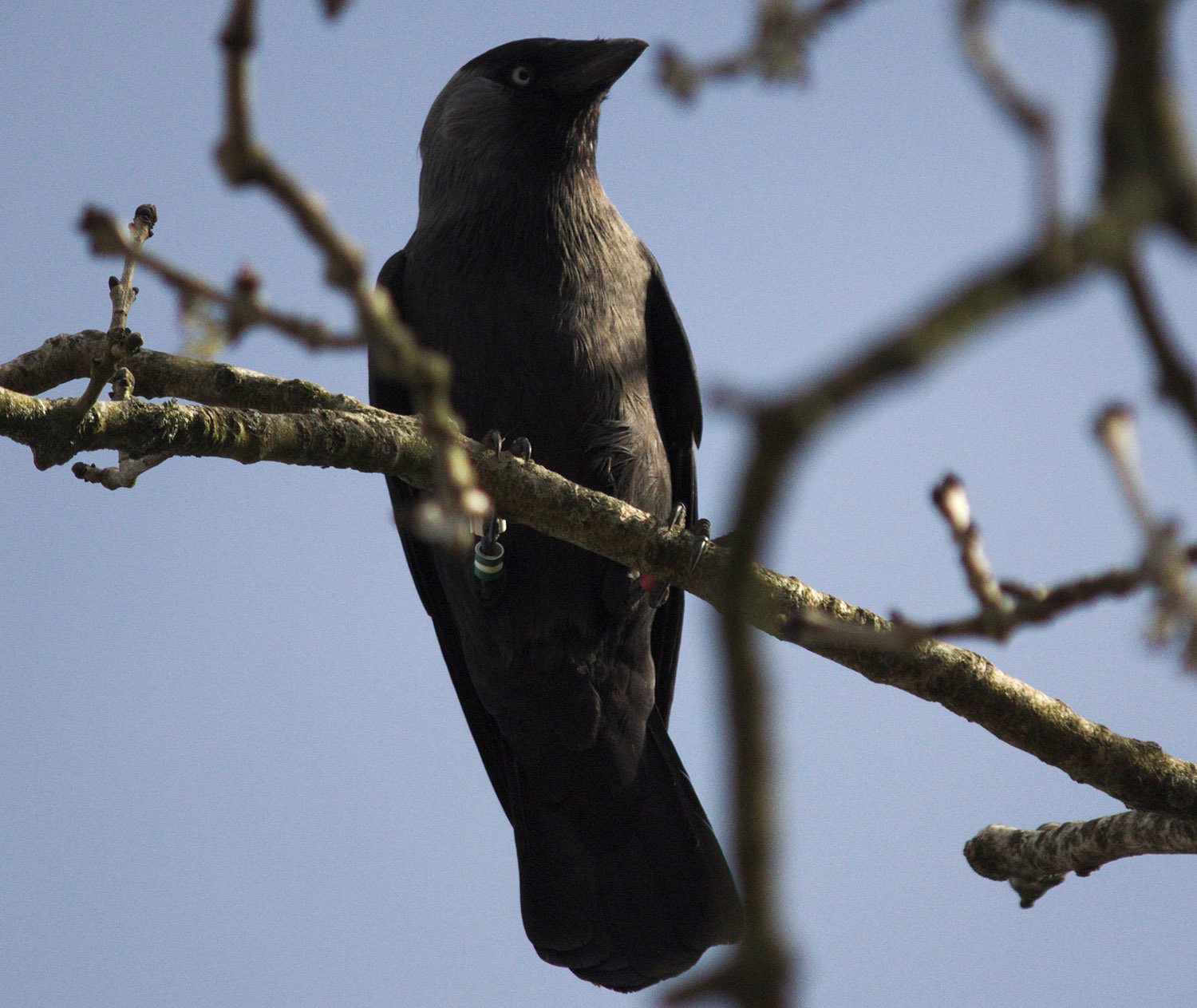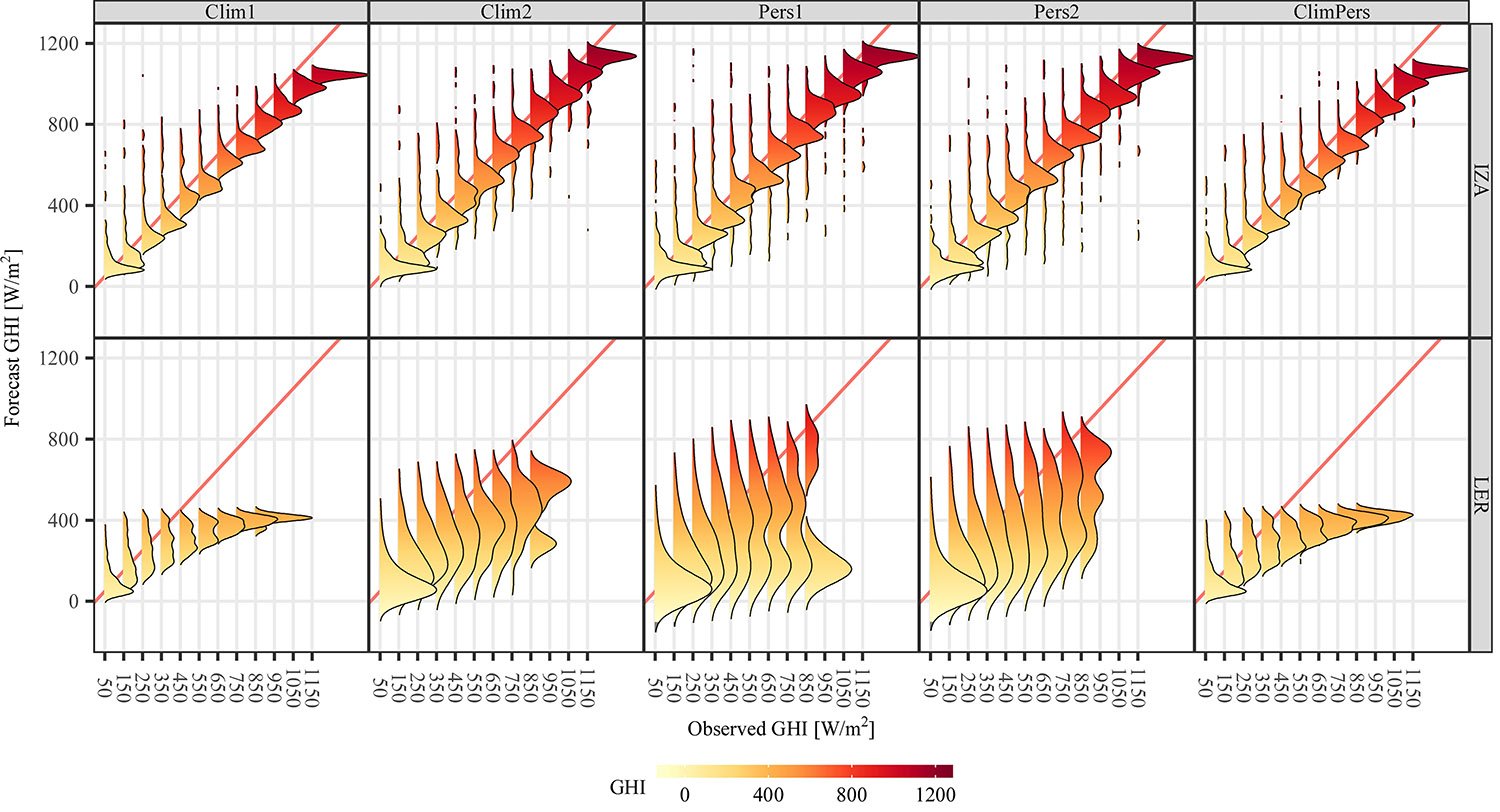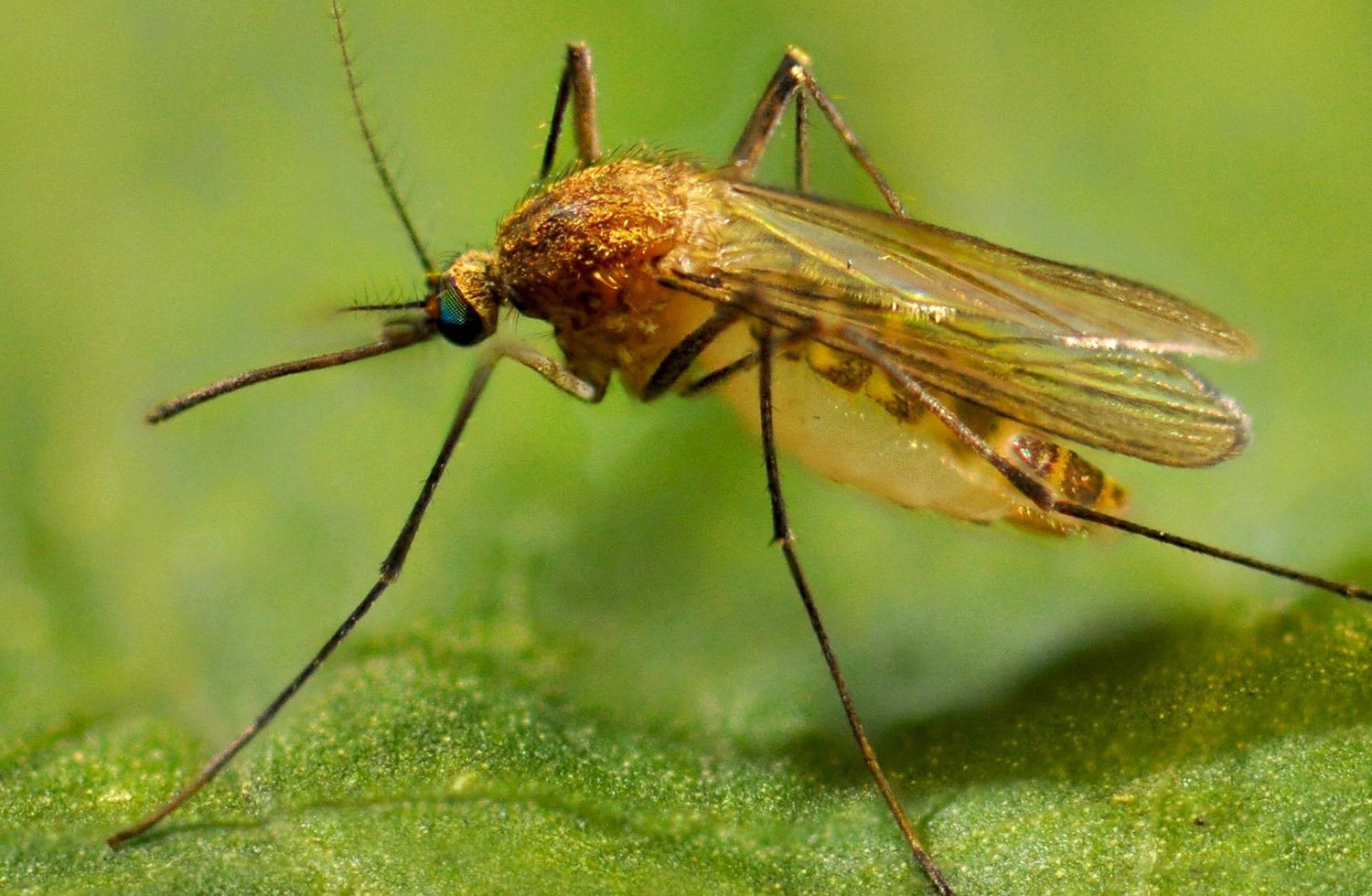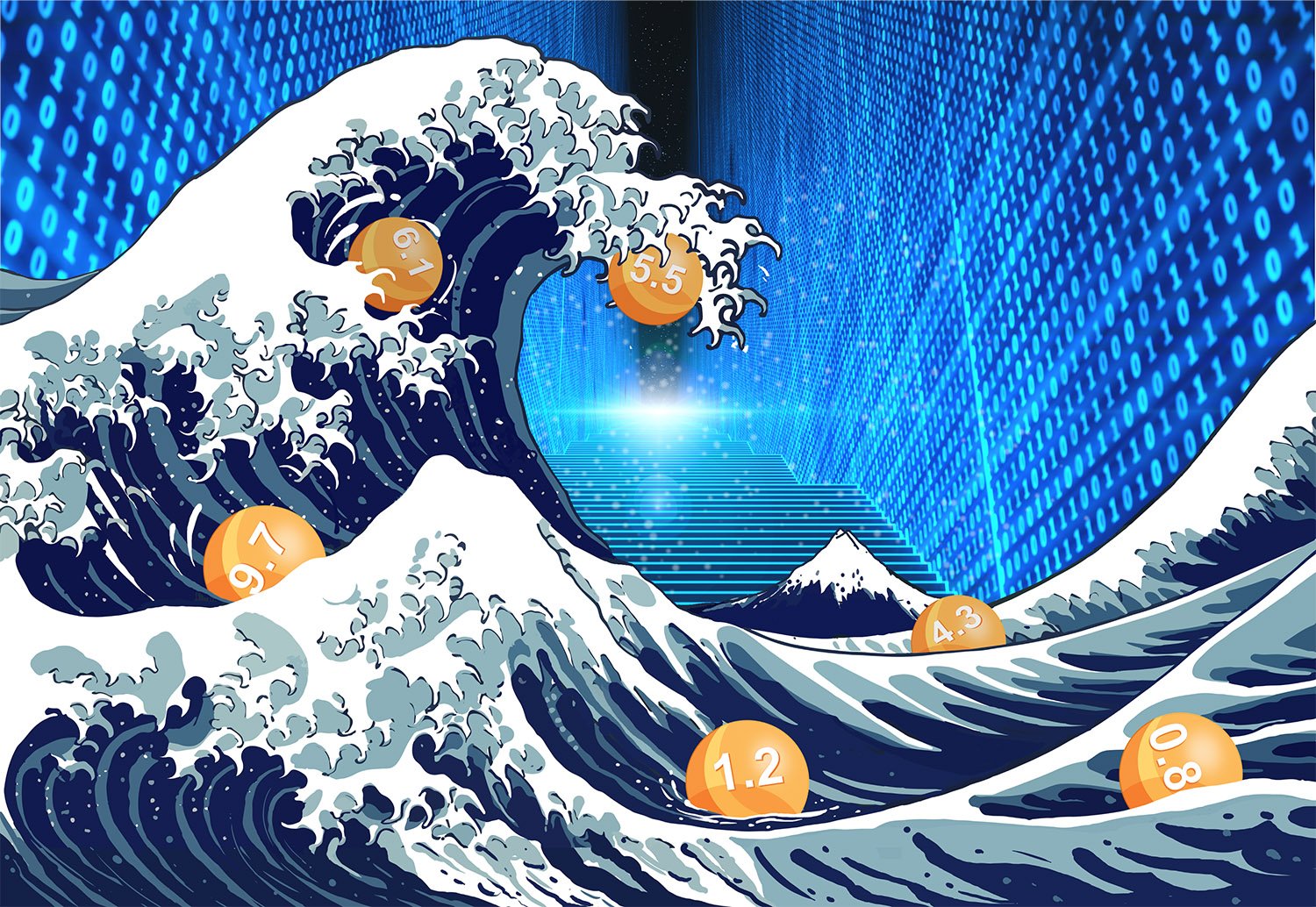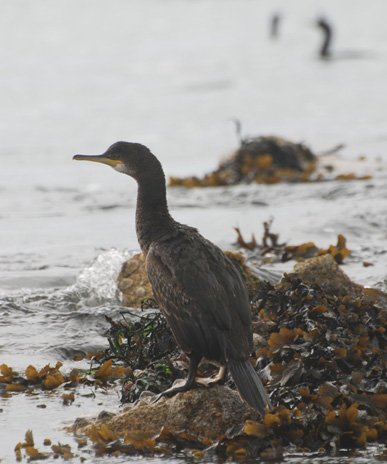Secure printing with water-based invisible ink
Researchers in China have developed a rewriteable paper coating that can encrypt secret information with relatively low-tech invisible ink – water. A message printed out by a water-jet printer on a manganese-complex-coated paper is invisible to the naked eye, but the message reveals itself under 254 nm UV light. The paper can be ready for … Read more

